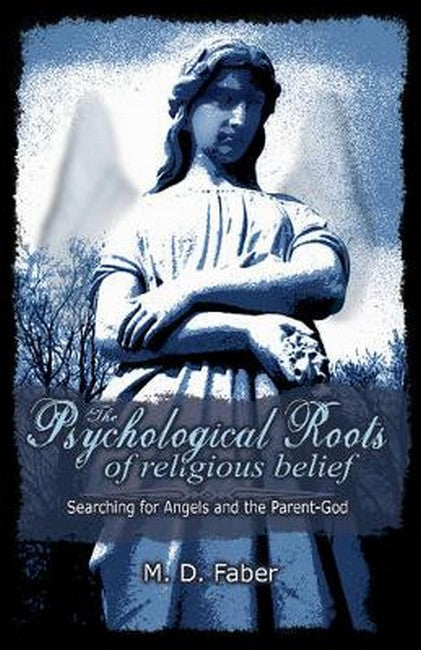In this insightful new study, M D Faber, whose previous work on the psychology of religion has won widespread critical acclaim, offers a comprehensive, naturalistic explanation of religious experience from the intertwining perspectives of neuroscience and developmental psychology. Faber here argues that belief in God, the powerful sensation of his presence, and the heartfelt assent to the reality of the supernatural are all produced by the mind/brain's inherent tendency to discover in religious narrative a striking, memorial echo of its own biological development. Although Faber maintains that we are not 'wired' specifically for God (as many contend), our brain is so constructed as to make us profoundly susceptible to religious myths. These myths encourage us to map our early, internalised experience onto a variety of supernatural narratives with the figure of the Parent-God and his angelic assistants at the centre.

